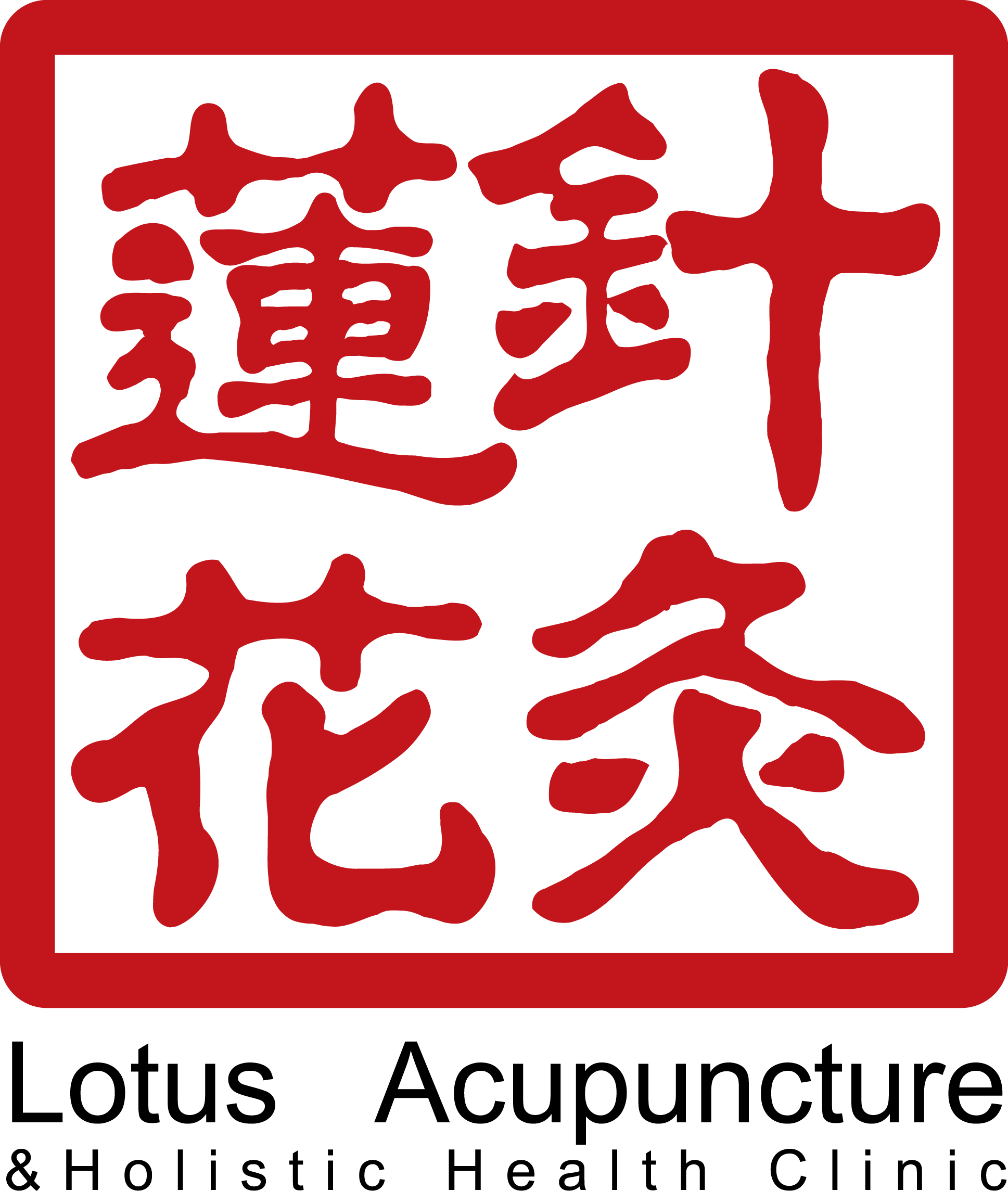It is normal to have some questions regarding Acupuncture, Oriental Medicine, Chinese Herbology and Nutrition. We have comprised a section of our most commonly asked questions. If you have a question that is not in this section, please call or email us so we can assist you further.
For more frequently asked questions please read below:
- Is Acupuncture safe?
- Do acupuncture needles hurt?
- How many treatments will I need?
- How long is the initial Acupuncture session?
- How long is a follow up Acupuncture session?
- What’s the difference between an MD or chiropractor who does acupuncture and a licensed acupuncturist?
- Does health insurance cover acupuncture?
- Does my insurance cover acupuncture?
- Do Medicaid and Medicare cover acupuncture?
- Is acupuncture a treatment option after a car accident?
- How do I bill the insurance companies for acupuncture?
- What are you my payment options?
- What are tax-exempt accounts for medical expenses? How might they help me?
- What is Acupuncture?
- What conditions does Acupuncture treat?
- Is Acupuncture safe for children?
- How does Chinese Herbal Therapy correlate with Acupuncture?
Is Acupuncture safe?
The simple answer to this question is yes! It has been used for well over 3000 years to help billions of people to get well and stay healthy. All without drugs and surgery. The U.S. Food and Drug Administration (FDA) approved acupuncture needles for use by licensed practitioners in 1996. The FDA requires that acupuncturists follow strict safety guidelines and use only sterile, nontoxic needles that are labeled for single use only. Back To Top
Do Acupuncture needles hurt?
Naturally, people associate needle pain with their past experience with hypodermic needles. You can fit cloes to 10 acupuncture needles inside the tip of the one hypodermic needle. Acupuncture needles are tiny, thin and flexible, about the size of a cat’s whisker. Once the needles are inserted, some patients may experience a mild tingling or a sensation of fullness, along with an increased sense of relaxation. These are all quite normal and suggest that the treatment is working. Back To Top
How many treatments will I need?
Each patient is different depending on their medical issue. The initial phase of the treatment plan is usually between 6-12 visits. The length of treatment depends on how long the condition has been present and how quickly the patient responds to treatment. Generally if a condition is more acute, patients respond faster than if something has been chronic. Back To Top
How long is the initial acupuncture session?
The initial consultation for acupuncture is a virtual session. This is a 40min video call. In the session the Acupuncturist will interview the patient, evaluate, gather the health history of the patient, make a Chinese diagnosis based on tongue, (pulse will be taken at the initial in office treatment), based on Traditional Chinese medicine diagnoses and patterns and create a treatment protocol and possible herbal prescription(s) depending upon the patient’s condition. At your initial in office treatment, the Acupuncturist will again look at your tongue and take your pulse. Then they will do the acupuncture treatment. This visit is 60 mins, with the patient laying on the table for 30 minutes. Longer or shorter treatments will depend upon the patient’s condition and if extra services are needed. Back To Top
How long is the Follow-up Acupuncture session?
The follow-up Acupuncture treatments can last anywhere from 45 minutes to 1 hour depending upon the patient’s condition and questions from the previous treatment. Back To Top
What’s the difference between an MD or chiropractor who does acupuncture and a licensed acupuncturist?
A licensed Acupuncturist versus an MD or a Chiropractor who has been “certified” in Acupuncture greatly differ. When seeking an Acupuncturist, ensure that the Acupuncturist is licensed and board certified with the National Certification Commission for Acupuncture and Oriental Medicine (NCCAOM) – http://www.nccaom.org/. These licensed Acupuncturists that are board certified with the NCCAOM have the highest level of training in their field. Please see the chart below to view the difference:
| Board Certified Licensed Acupuncturist with NCCAOM vs Certified Acupuncturist (usually MD or Chiropractor) | |
| Licensed acupuncturists (LAc) with an average of 2,700 hours of master’s-level training | Certified physician or chiropractors with 300 hours of training |
| Master’s level, on-site training at a nationally accredited school or college of acupuncture | Training which is often comprised of home study and video-taped lectures |
| Hundreds of hours of clinical experience and at least 250 actual patient treatments before licensure | Minimal clinical experience in acupuncture or no actual patient treatments before certification |
| Required to pass the national certification exams in acupuncture in order to become licensed (NCCAOM) | Not required to complete the national certification examination to prove competency in acupuncture |
| Required to do regular continuing education to maintain national certification | Not required to regularly complete continuing education courses |
Licensed acupuncturists are tremendously more qualified than medical acupuncturists in performing acupuncture services. For more information about the differences between licensed acupuncturists and medical acupuncturists, go to www.medicalacupuncturefacts.com.
Even training among licensed acupuncturists can vary widely. Some graduate programs include training in all aspects of Oriental Medicine, including Chinese herbal therapy, food therapy and body work and may require as much as 3,500 hours of training. Back To Top
Does health insurance cover acupuncture? (Our office does not take insurance)
The good news is that yes, many insurance companies now offer policies that cover acupuncture and related services performed by an acupuncturist.
You can find out if your insurance provides acupuncture benefits by calling your insurance company’s patient information or benefits line. This number can be found on your insurance card. Back To Top
Does my health insurance cover acupuncture? (Our office does not take insurance)
If your insurance provider does cover acupuncture, here are a few questions that you can ask to determine your eligibility and coverage:
- How many treatments do I get?
- How much does the insurance company pay?
- What is the normal co-pay for acupuncture from a preferred provider? (This is the amount you would pay out-of-pocket for each visit to a practitioner on their provider list.)
- What percentage will I pay for out-of-network practitioners? (This is the amount you would pay out-of-pocket for each visit to a practitioner who is NOT on their provider list.)
- Who must provide the acupuncture?
- Will I need a referral from an MD to see the acupuncturist?
- What is my deductible?
- What conditions are covered for acupuncture? (Many plans only cover the treatment of pain) Back To Top
Do Medicaid and Medicare cover acupuncture?
At this time, Medicaid and Medicare do not provide coverage for acupuncture from a Licensed Acupuncturist. Back To Top
Is acupuncture a treatment option after a car accident?
If you have suffered a personal injury in an auto or motor vehicle accident, your or the other parties car insurance will pay for acupuncture treatments if you have medpay. Back To Top
How do I bill the insurance companies for acupuncture?
While more and more acupuncturists are signing up to become acupuncture providers for insurance companies and handle all the paper work involved in billing, it is common for practitioners to be paid in full and provide patients with the information they will need to file a claim for reimbursement themselves. Back To Top
What are my payment options?
We accept cash, check, Visa, Mastercard, Discover and American Express . Back To Top
What are tax-exempt accounts for medical expenses? How might they help me?
A flexible spending arrangement (FSA; sometimes called a Flexible Spending Account) is a benefit provided by some employers that offers a way to help pay for out-of-pocket medical expenses, while reducing the employees taxable income.
With FSAs for health-related expenses, you choose an amount of pre-tax dollars to be set aside from your paycheck each pay period. This money is then available to reimburse certain health-related expenses that are not paid any other way, such as by insurance.
You may need to supply documentation from a physician or other health care provider that the treatment is medically necessary. Note that the IRS does not allow the same expense(s) to be both reimbursed through an FSA and claimed as a tax deduction.
Another type of tax-exempt benefit for health-related expenses is a health savings account (HAS). Set up by Congress in December 2003, HSAs allow some individuals who participate in a high-deductible health plan to save money in a tax-free account. If you are eligible, you can use these savings to pay for your future medical expenses or those of your spouse or dependents. The IRS has publications with more information about FSAs and HSAs. The Department of the Treasury also has a direct link to information about HSAs on its web site. Back To Top
What is Acupuncture?
Acupuncture is a modality within Oriental Medicine and has been around for over 3,000 years. It is a complete medical system when coupled with the other branches of Oriental Medicine. For more information click here: https://www.lotusacupunctureclinic.com/index.php/services#acupuncture
What conditions does Acupuncture treat?
Acupuncture can treat a variety of disorders and diseases. For more information click here on a listing that the World Health Organization (WHO) recognizes: https://www.lotusacupunctureclinic.com/index.php/85-lotus-site/alternative-medicine-news/74-diseases-and-disorders-treated-by-acupuncture
Is Acupuncture safe for children?
Yes. In some instances children actually respond more quickly than adults. If your child has an aversion to needles, your acupuncturist may massage the acupuncture points. This is called acupressure or tui na.
How does Chinese Herbal Therapy correlate with Acupuncture?
Herbs can be a powerful adjunct to acupuncture care. They are used to strengthen, build and support the body or to clear it of excess problems like a cold, fever or acute pain. Your practitioner may suggest starting with herbs and then adding acupuncture to your treatment in the future. This is suggested to build up your internal strength so you can receive the full benefits acupuncture has to offer.




